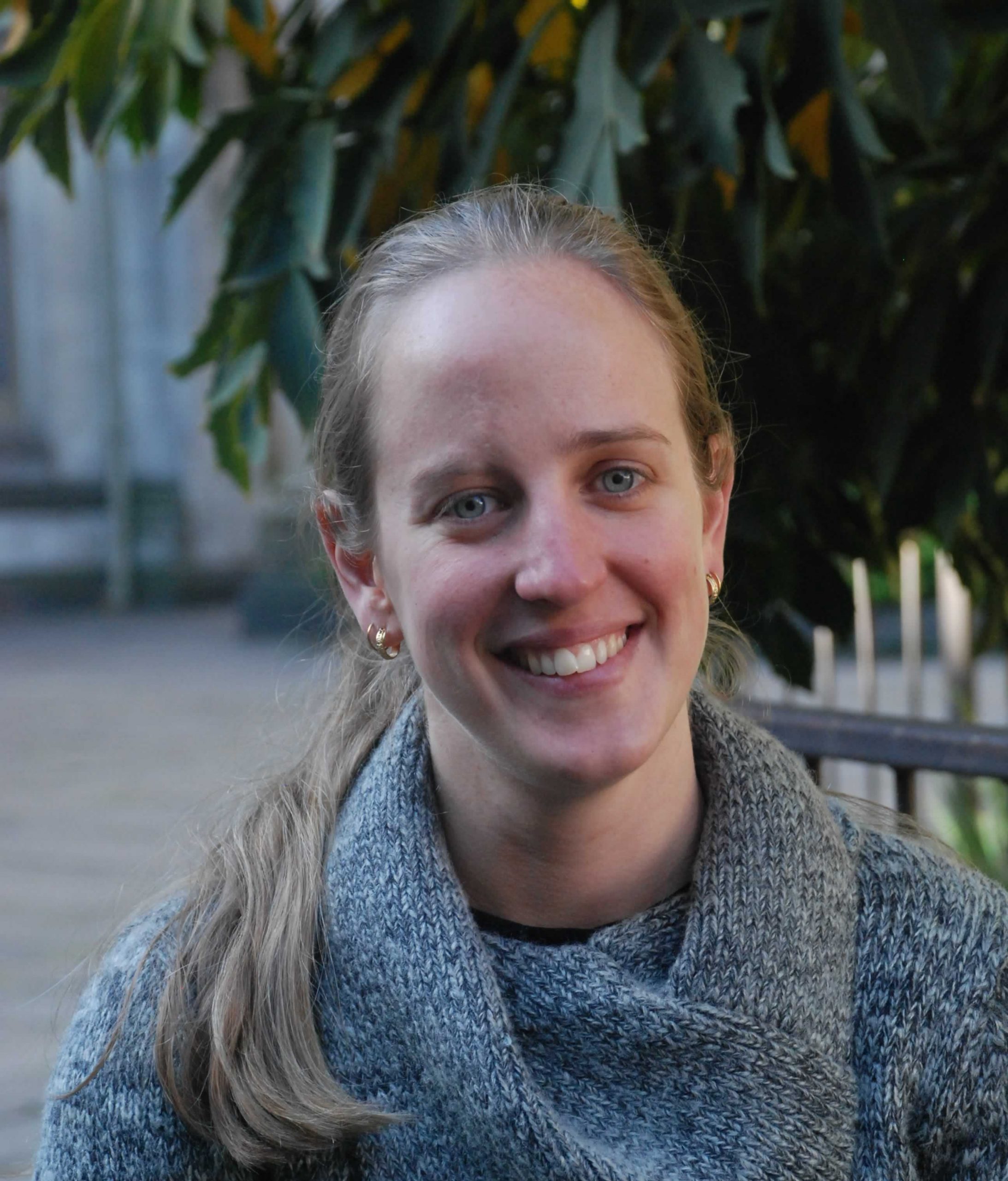Recently appointed as a Research and Development Project Manager at AECL, Dr Kylie Hewson (a PhD graduate of the previous Australian Poultry CRC) is developing through-chain Salmonella risk management strategies for eggs. Only three months into the project, Kylie has already met a multitude of stakeholders including National and State level Health Departments and Agencies (e.g. OzFoodNet and FSANZ), State Food Regulatory Authorities, various Salmonella working groups, producers, researchers, veterinarians, epidemiologists (human health area) and retailers.
Depending on whom Kylie is engaged with in discussions, there are a plethora of potential strategy areas, including on-farm, through supply chain, and public hygiene education. Kylie explained, “If I’m talking to producers, it is about understanding the basis for their current salmonella risk management strategies, and how they go about improving or reviewing these. If I’m talking to retailers or regulatory authorities, it is about the basis for their standards on-farm in terms of food safety and what information their decisions are based on”.
“The first step is to develop scientifically-grounded standards and get them in place”, said Kylie. This involves a lot of research, talk and groundwork. Kylie has been spending quite a bit of time with Health Departments and food regulatory authorities to understand their processes for investigating food-borne illness outbreaks. “I’ve been asking why they do the things they do, and why they look at what they look at” she said. Similarly for retailers, questions about what their standards are based on have been asked. Thus the project will also deliver standardised protocols that may be adopted by health or regulatory authorities. These protocols may be used for investigations that trace back to farm (providing details such as who notifies who, who does what, what sort of sampling is required and how that should be executed). Ultimately, Kylie’s job is to develop a strategy to get information about Salmonella risk management processes to where it is most needed.
“A major issue for the industry is that if there is a food-borne illness outbreak, it doesn’t matter where the eggs have come from, the industry as a whole is tarred with the same brush, so it becomes reputational” she said. One strategy being investigated is the option of creating a market for eggs produced to the highest standards of Salmonella risk management. This idea mirrors the British Lion scheme in the United Kingdom, and is especially applicable to high-risk food producers (e.g. those producing raw-egg products).
In the coming months AECL will be releasing documentation publically for anyone who wants to gain a better understanding of egg washing, or cleaning sheds, or any of the issues relating to Salmonella on-farm. It is AECL’s intent that these documents can then be used to change standards or other food safety management protocols. Kylie’s work with AECL is a proactive step to increase the egg industry’s overall food safety diligence and best practice.


